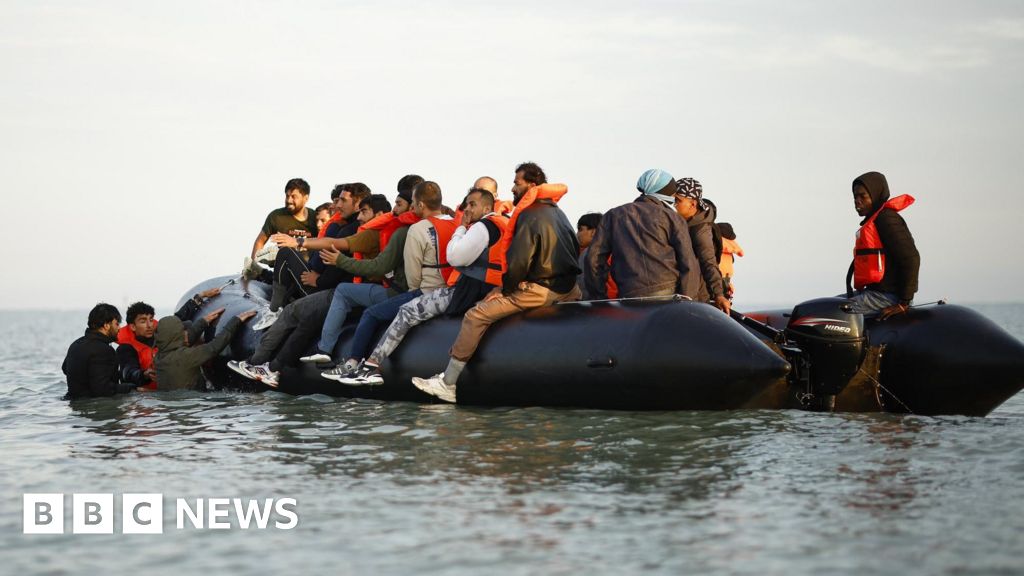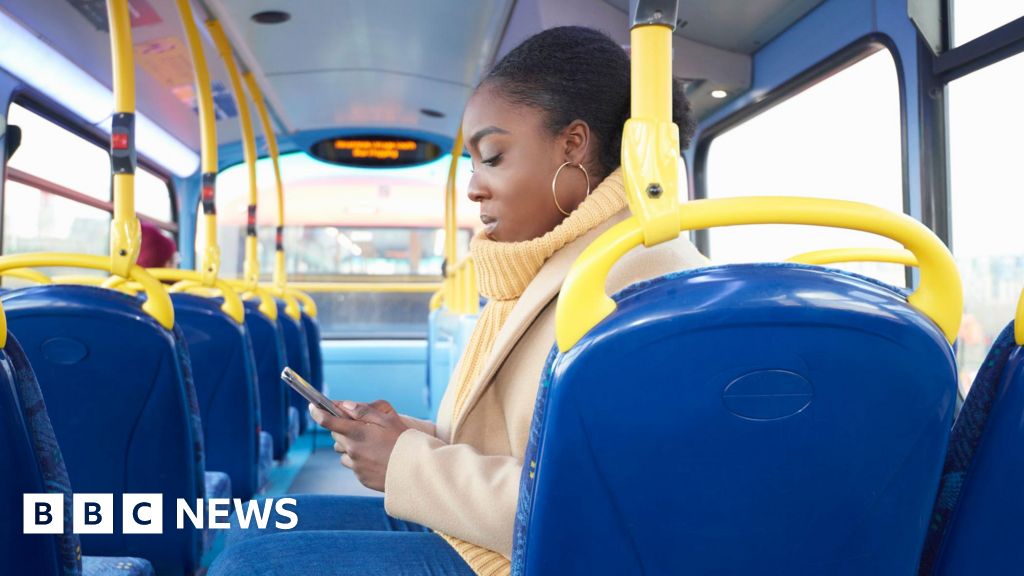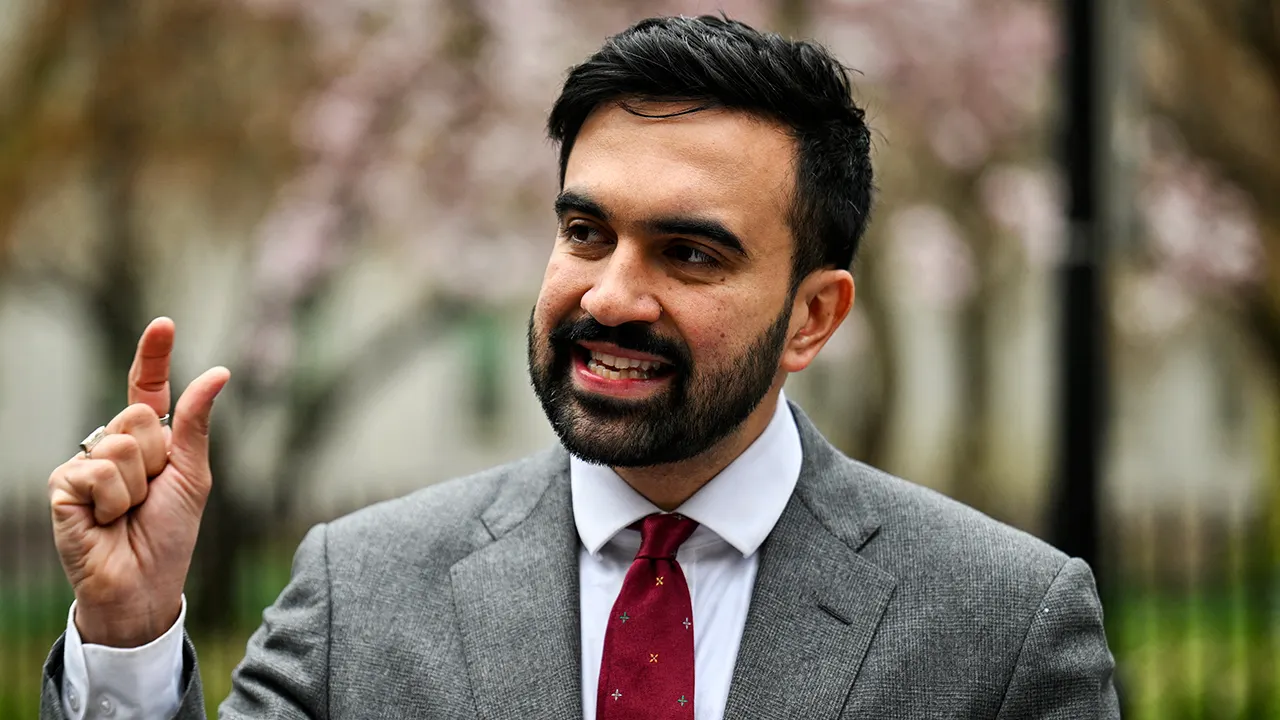Gang leaders and companies selling small boat equipment will be named this week as the first targets of new government sanctions against people-smuggling.
The financial action – which the government says is a world-first – is aimed at tackling illegal immigration to the UK and is central to Prime Minister Sir Keir Starmer’s plan to disrupt the English Channel crossings by “smashing the gangs” that are organising them.
The sanctions strategy was first unveiled in January but the government has now indicated that it is ready to announce on Wednesday the dozens of people who will have their assets frozen, and will be banned from entering the UK and engaging with its financial system.
Foreign Secretary David Lammy said: “For too long, criminal gangs have been lining their corrupt pockets and preying on the hopes of vulnerable people with impunity as they drive irregular migration to the UK.”
People targeted by the sanctions include those who supply fake documents and finance small boats, as well as “middlemen” who push money through Hawala networks, an informal system for organising money transfers often used by smugglers.
Sir Keir is under growing pressure to stem the flow of migrants reaching the UK, after pledging to “smash” people-smuggling gangs ever since the general election campaign a year ago.
Earlier this month, he signed a “one in, one out” deal with France to return migrants to France for the equivalent number of legal asylum seekers, subject to security checks.
In the first six months of this year, more than 20,000 people crossed in small boats, an increase of nearly 50% on the previous year, according to Home Office data.
Dr Madeleine Sumption, deputy chair of the Migration Advisory Committee, said she would be “surprised” if the sanctions were a “game changer for the industry as a whole, and for the existence of the small boats route”.
“There are so many people involved in the industry that targeting people individually is probably only going to have an impact around the margins,” she told BBC Radio 4’s Today programme.
She added: “The impact is dependent to an extent on the co-operation of other countries where smugglers are operating.”
On Monday, shadow home secretary Chris Philp said the number of people entering the UK illegally was causing a “public safety crisis” for women and girls during an urgent question in the Commons.
“The truth is you don’t stop the Channel crossings by freezing a few bank accounts in Baghdad or slapping a travel ban on a dinghy dealer in Damascus,” Philp said in a separate statement responding to the government’s announcement.
Ministers say the new sanctions will target immigration crime gangs “where traditional law enforcement and criminal justice approaches cannot reach”.
Home Secretary, Yvette Cooper, said the new sanctions regime is a “decisive step in our fight against the criminal gangs who profit from human misery”.
“It will allow us to target the assets and operations of people-smugglers wherever they operate, cutting off their funding and dismantling their networks piece by piece,” she said.
The announcement comes after tensions in Essex at the weekend during a protest outside a hotel used to house asylum seekers, which was triggered after the arrest and charge of an asylum seeker on suspicion of alleged sexual assaults.
Police said the protest descended into “mindless thuggery” after flares and bottles were thrown towards officers.
Reform UK leader Nigel Farage described the people protesting as “genuinely concerned families” and said parts of the country are “close… to civil disobedience on a vast scale”.






